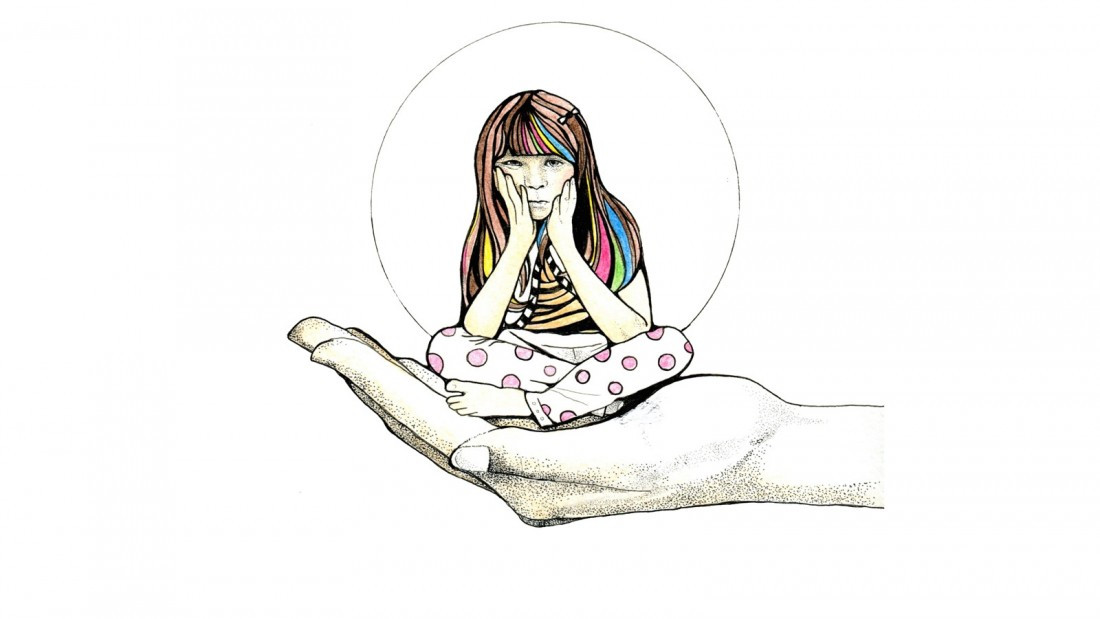Childcare is a student issue
Access benefits education and the economy
What does a typical university student look like? The image of a fresh-faced 18-year-old undergraduate straight out of high school that springs to mind for most is only a partial picture of today’s student bodies.
The University of Winnipeg is no exception to this with a projected decline in enrolment among 18 to 24 year-olds to be offset by an increasing number of non-traditional students.
At the present time, almost 10 per cent of undergraduates are parents, a figure almost certain to grow following the completion of projects that will provide housing for students with children like Merchants Corner and UWinnipeg Commons. At the University of Manitoba, 3,210 student parents and 1,449 faculty parents vie for a mere 136 campus daycare spaces.
For decades, the student movement has consistently and correctly advocated for universal and public post-secondary education. The fight for universal, public childcare, with access to daycare on every campus, is one we must also carry out vigorously.
Here in Manitoba, we are witnessing important steps towards achieving this goal. Following a report from the Manitoba Early Learning and Childcare Commission, the provincial government has announced plans to build 12,000 new spaces, including 32 at the UWSA Daycare and 54 at the University of Manitoba, raise wages for childcare workers, and reduce fees (already the second lowest in Canada after Quebec), particularly for low-income parents.
While these are significant investments, the research shows that investing in childcare more than pays for itself. Pierre Fortin, an economist from the Université du Québec à Montréal found that Quebec’s GDP grew by $5-billion due to more people entering the workforce and greater tax revenue as an outcome of its $7 per day public childcare model. This amount far exceeds the cost of the system, pegged at $1.6-billion per year.
Even if they accept the economic benefits, those who argue against increasing public investment in childcare often do so on the grounds of individual freedom. Instead of creating new spaces and regulating fees, we should give parents cash and let them make their own childcare decisions. Anything else is an unwelcome intrusion of the state into what is a parental responsibility.
Far from restricting people’s liberty, a universal childcare system enhances it.
One need look no further than Quebec for evidence of this, which began implementing its universal childcare model in 1997. In 1996, mothers in Quebec had the same post-secondary education rates as mothers in the rest of Canada. By 2008, 68.6 per cent of Quebec mothers had a post-secondary degree compared to 59.6 per cent in the rest of Canada. Universal childcare means greater freedom for women with children to pursue their educational aspirations.
Not only does accessible, affordable childcare for student parents allow more individuals to pursue higher education, it indirectly benefits their peers as well. Learning takes place both inside and outside the lecture hall, and students from myriad different backgrounds coming together within a university enriches everyone’s educational experience.
With a provincial election taking place this April, students, whether parents or not, should scrutinize what the parties are offering concerning childcare. Susan Prentice, a professor of sociology at the University of Manitoba, put it best when she said that “childcare is as essential to the modern university as its library.” Let’s make sure our politicians realize that childcare is not only an economic issue, not only an equity issue, but also a student issue.
Peyton Veitch is the president of the University of Winnipeg Students’ Association.
Published in Volume 70, Number 17 of The Uniter (January 28, 2016)








